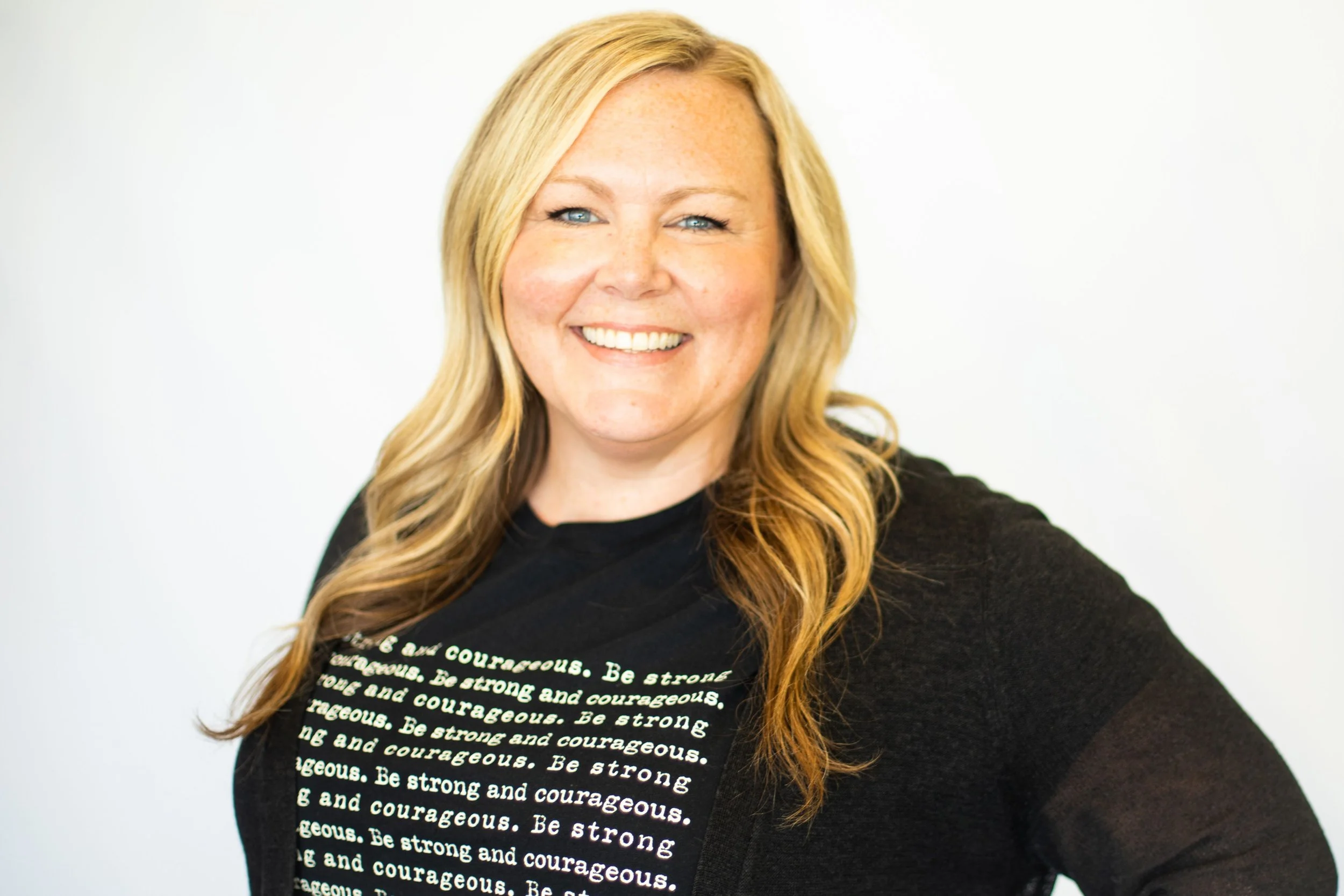Can an Introvert Be a Successful Realtor?
/(By Guest Blogger: Erin) The title of this post is a bit of a confession. Could you tell? I am totally, unashamedly, proudly an introvert.
Introvert is not the same as shy, although I think you can be both. And I probably am a little shy too. It doesn't mean you don't like people or lack social skills.
The truth is that there are wonderful things about being an introvert and there are loads of successful and influential people who reportedly join me under that introversion umbrella. People like: Bill Gates, Albert Einstein, Meryl Streep, JK Rowling, Warren Buffett, Dr. Seuss, and many more.
Whether you're an introvert or an extrovert really speaks to which kinds of activities energize you and which kinds drain you. Introverts find social situations draining, and are energized by quiet, solitary and creative pursuits. That doesn't mean we can't be social and charming (we totally can!). It just means that we'd prefer not to and when we are required to be, we have to plan for lots of quiet downtime afterward to recover.
All of that brings me back to the question posed by the title of this post--is being an introvert at odds with being a Realtor? I think to answer that accurately, we have to bust the myth that as Realtors we are primarily in the sales business. While it's true that we are helping people with the biggest purchase they will ever make, at its core, this business isn't about selling; it's about building relationships and connections. Something, incidentally, that introverts are really good at.
Here's a great example of an introvert in action. If I attend a networking event or a cocktail party, I will tend to have longer conversations with just a few people. Small talk isn't my thing. I'm kind of in awe of people who can work a room, meet everyone and end the party with a big stack of business cards in their pocket. I can't do that. And that's okay. If I tried to do that, my discomfort would show and I wouldn't make a great impression. So my goal generally is to meet five people; have a conversation where I learn something about them that can also be a point of follow-up; and exchange cards.
Hosting an open house is probably the most challenging task I do as an introverted Realtor. Those are the events where I'm most often having to interact with lots of people I don't know and where the amount of time I have to establish rapport is limited. So far what I've found is that having my scripts down pat is the most helpful preparation I can do. And I tell myself that it's okay if I can't make a connection with everyone who comes through. If I can have a nice conversation that leaves some avenues for follow-up with three couples/individuals, I'm thrilled with that outcome.
Introverts tend to be really good listeners and tend to spend more time doing that than they do speaking. Sometimes I think this comes across as aloofness, but it really isn't. We're just internal processors rather than verbal processors. And in a real estate context, where so much of your success depends upon listening and understanding what a client wants, that tendency often comes in handy.
So the short answer to my question is, yes, I think introverts can be great Realtors. And extroverts are too! I just think the strengths that extroverts have are much more celebrated generally, and seen as much more desirable than those of introverts. In an industry like real estate, I think it's important to highlight that introverts strengths are different but can be just as advantageous.
For more information about why it's great to be an introvert, check out Susan Cain's book, Quiet: The Power of Introverts in a World that Can't Stop Talking. Another book I love that has a business application is Beth Buelow's, The Introvert Entrepreneur. That's been really helpful to me too.
And please leave your comments below! I'd love to hear from introverts and extroverts alike about how they leverage their unique strengths in their real estate careers.












